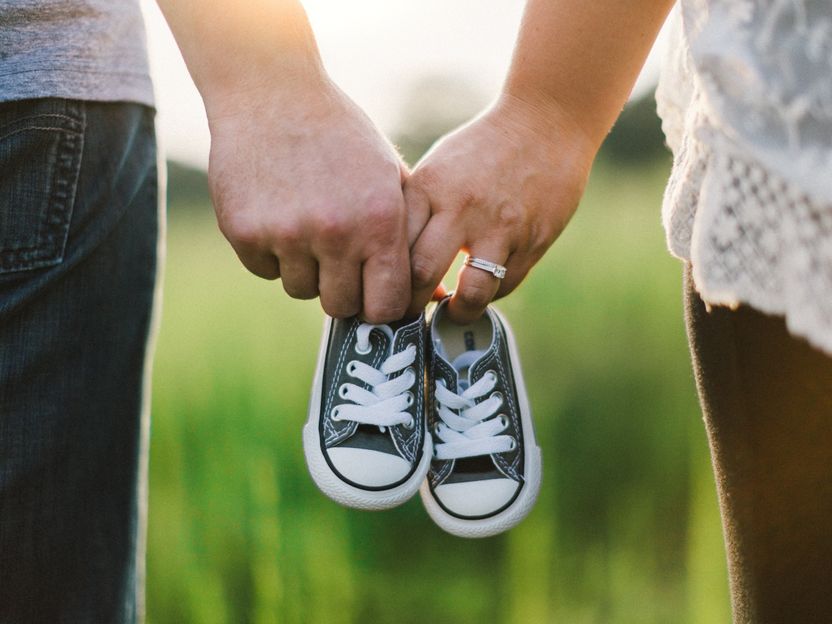Do caffeine and alcohol affect fertility treatments?
A recent analysis published in Acta Obstetricia et Gynecologica Scandinavica found no association between women's caffeine consumption and pregnancy or live birth rate after fertility treatments, but women's alcohol consumption was associated with decreased pregnancy rate after treatments when weekly consumption was greater than 84 g (approximately 7 standard drinks).

Symbolic image
Unsplash
Also, men's alcohol consumption was associated with decreased live birth rate after fertility treatments in women when weekly consumption was greater than 84 g.
The analysis included all relevant studies published before July 15, 2022. A total of 7 studies on caffeine consumption and 9 studies on alcohol consumption were included, with a total of 26,922 women and/or their spouse who underwent fertility treatment.
Compared with abstainers, the chance of achieving a pregnancy after fertility treatment decreased by 7% for women who consumed 84 g alcohol per week, and the chance of partners achieving a live birth decreased by 9% for men who consumed 84 g alcohol per week.
"Couples should be aware that some modifiable lifestyle factors such as drinking habits may affect their fertility treatment outcomes. But how these factors impact the reproductive system still needs more research to elucidate," said corresponding author Yufeng Li, MD, of Tongji Hospital, in China.
Original publication
Other news from the department science

Get the life science industry in your inbox
By submitting this form you agree that LUMITOS AG will send you the newsletter(s) selected above by email. Your data will not be passed on to third parties. Your data will be stored and processed in accordance with our data protection regulations. LUMITOS may contact you by email for the purpose of advertising or market and opinion surveys. You can revoke your consent at any time without giving reasons to LUMITOS AG, Ernst-Augustin-Str. 2, 12489 Berlin, Germany or by e-mail at revoke@lumitos.com with effect for the future. In addition, each email contains a link to unsubscribe from the corresponding newsletter.



















































